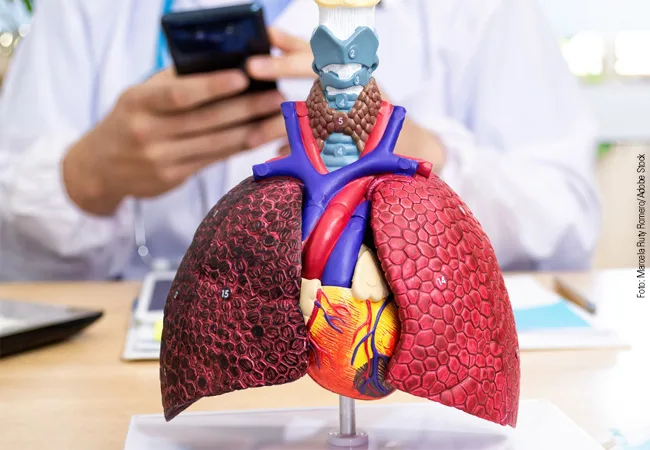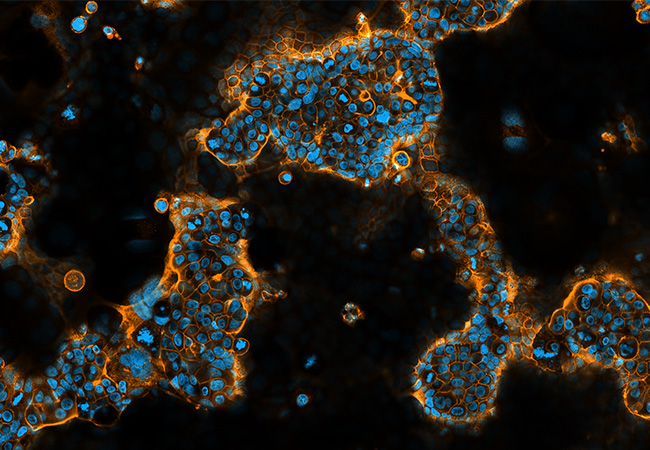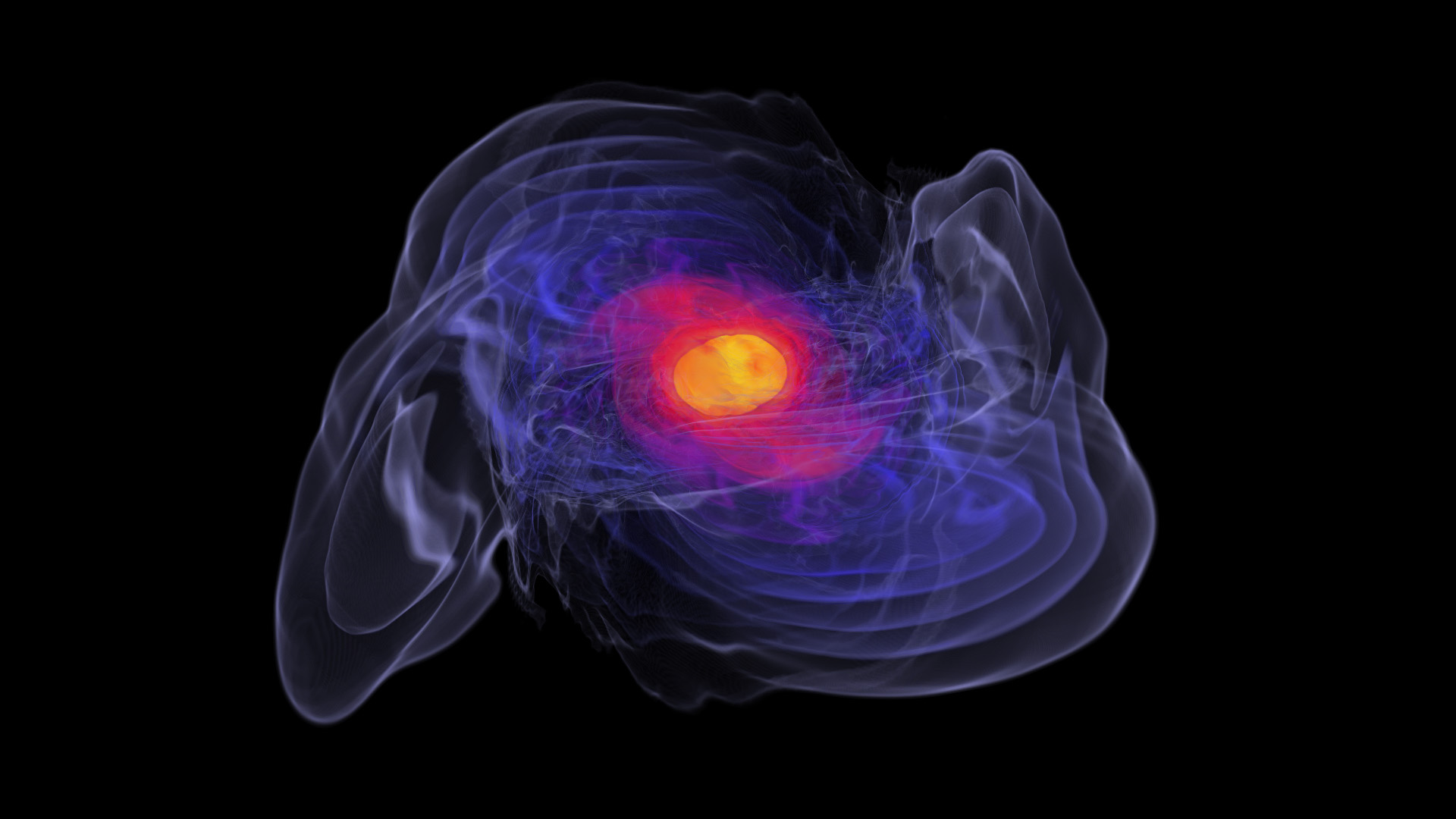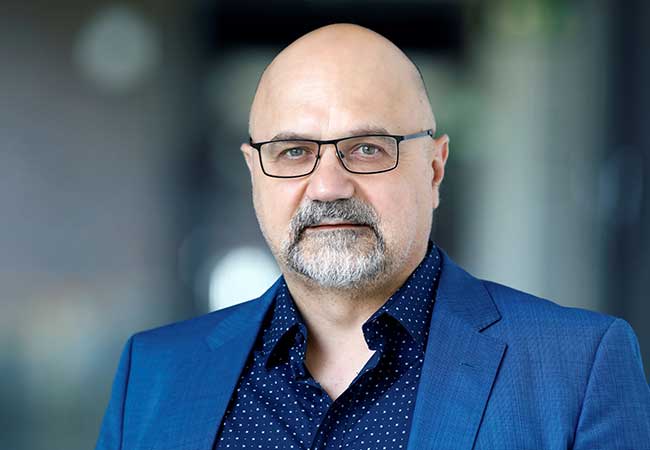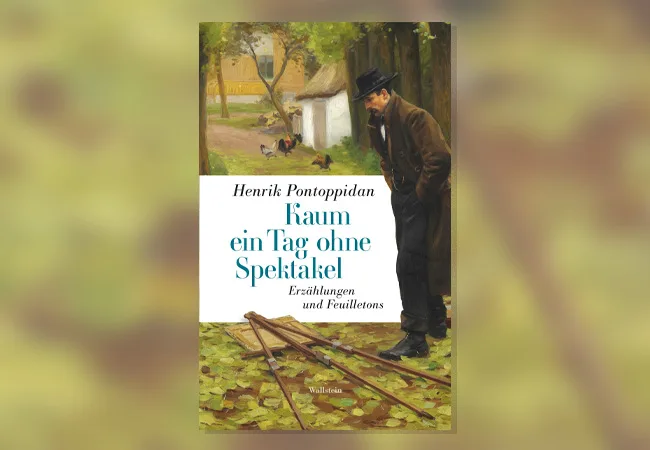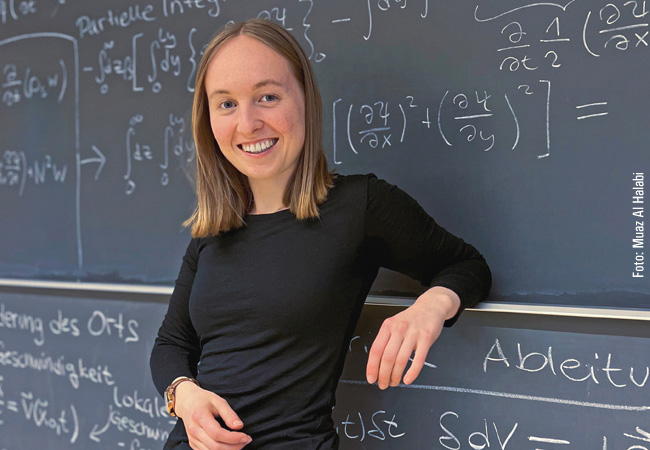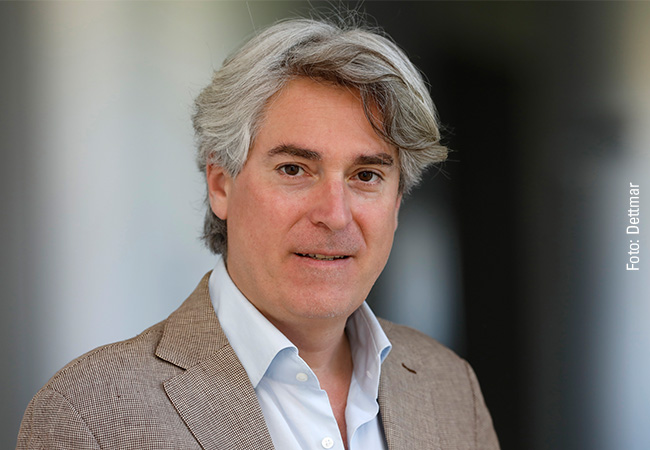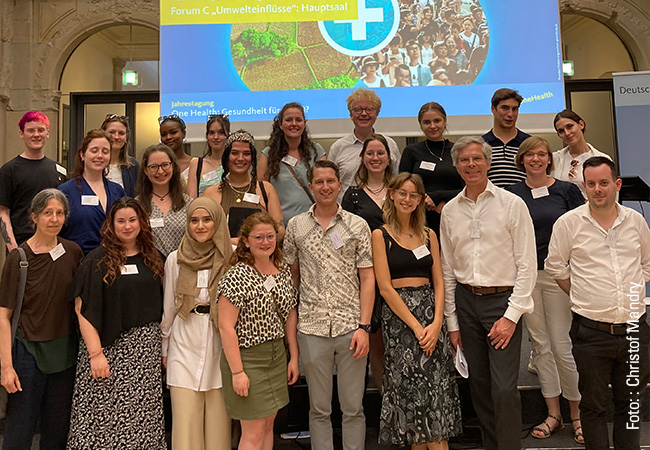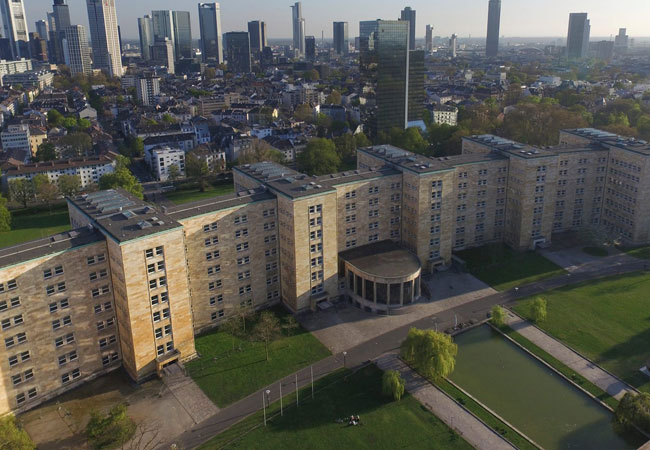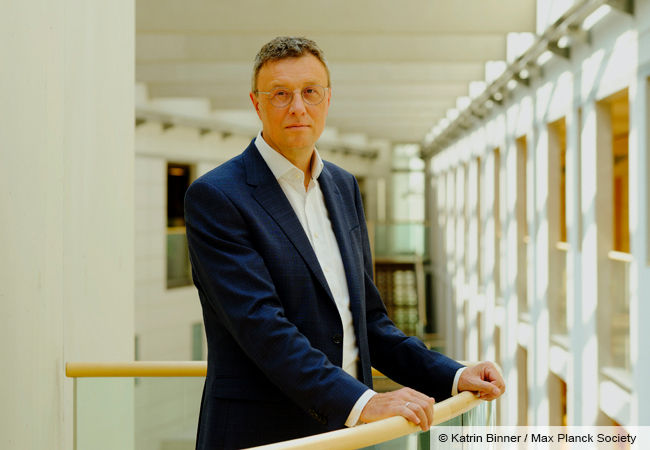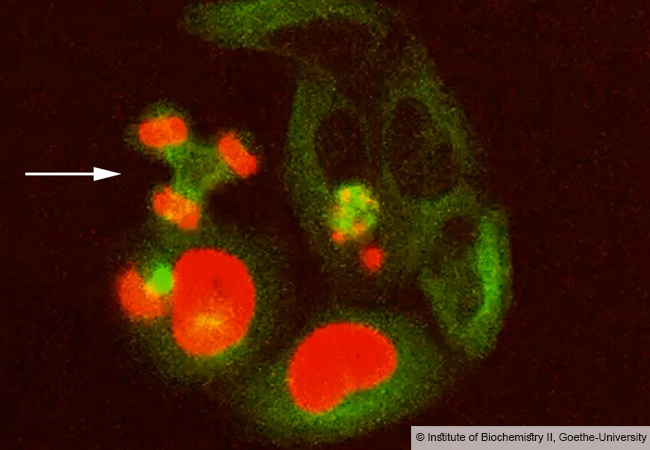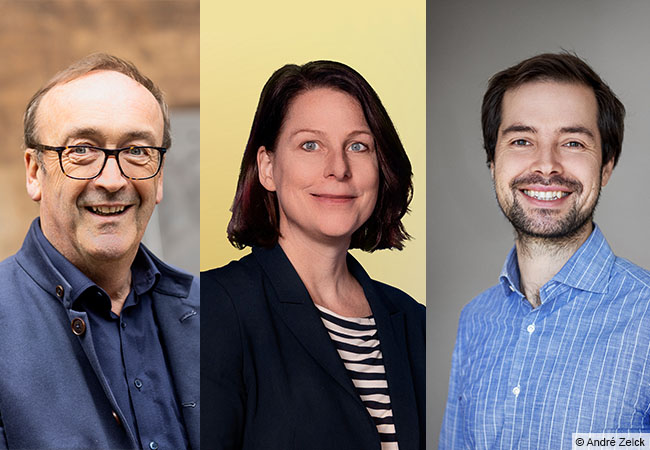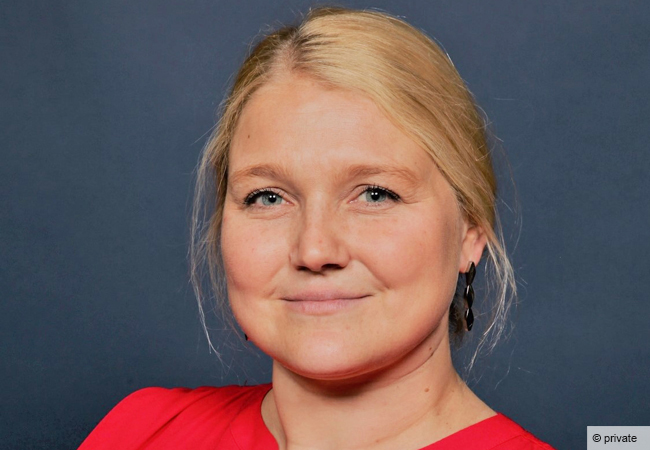UniReport: What is your goal in applying for funding as a cluster of excellence?
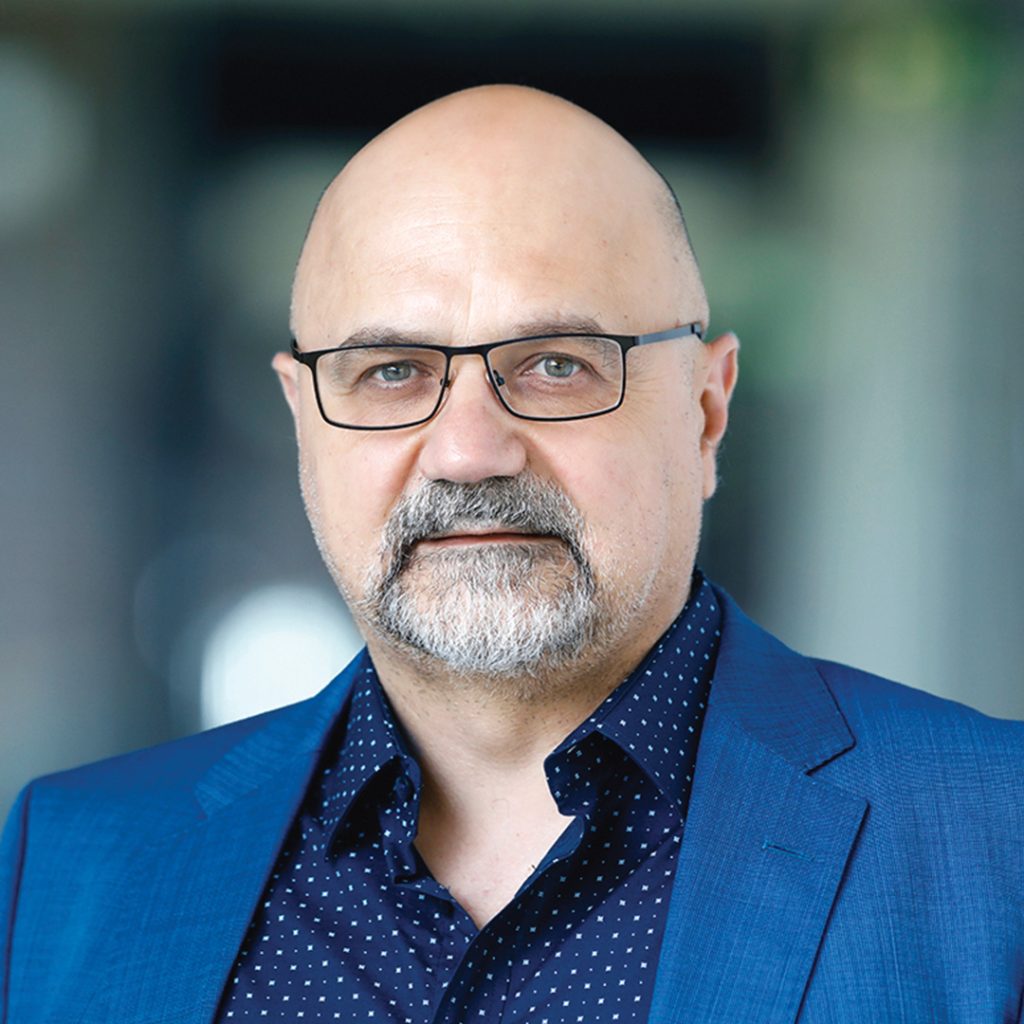
Luciano Rezzolla: The goal shared by all of us is to answer the fundamental question: „Where does gold come from?“ Not because we are so interested in gold, but because gold is one of the heavy elements found on our planet whose origins remain a mystery to us. When you think about it, that in itself is pretty bizarre. To answer that question requires a complex set of tools, including experiments, astronomical observations, and theory. In a way, it is like putting together an entire orchestra with many musicians, which at the end of the day will allow us to hear a symphony telling us where the heavy elements come from.
What personal scientific dream would the cluster allow you to realize?
My personal dream is that by studying this very simple question we will find an answer to another, namely, „What is the structure and composition of neutron stars?“, or what we call equations of state of neutron stars. My hope is that by pursuing the question of „Where does gold come from?“, we will also learn a lot about neutron stars, which are some of the most fascinating objects imaginable.
What are the main steps for submitting a full proposal?
Before it comes to that, we first have to be invited to submit a full proposal – and that is by no means easy. The last time we tried, we failed at this current stage already. The next hurdle consists of convincing the reviewers that our science is worth funding, so that we can submit a more detailed proposal. We will discuss this with the reviewers and the German Research Foundation [Deutsche Forschungsgemeinschaft, DFG] panel later this year.
What should society at large know about your research?
I hope we will be able to convince the public that there are objects that are subject to very strong gravity but are not black holes. People often think that black holes are the most fascinating objects in the universe. While that definitely is the case, there also exist equally fascinating, yet entirely different objects – namely neutron stars. Depending on how you look at it, neutron stars are even more fascinating because they truly embody all the laws of nature in the most extreme realm. I hope that by the end of this endeavor, neutron stars will be as famous as black holes.
Website: https://elements.science/
Let’s do it: Goethe University Frankfurt submits four new and one existing research cluster to the Excellence Strategy competition
Goethe University Frankfurt is applying for the upcoming round of the German federal and state governments’ Excellence Strategy with four new clusters on the research topics Confidence in Conflict (CONTRUST), Infection and Inflammation (EMTHERA), Origin of Heavy Elements (ELEMENTS), and Cellular Architectures (SCALE). The applications combine Goethe University’s competencies and forward-looking ideas with those of colleagues from the strategic alliance of Rhine-Main Universities (RMU) and other partners from the four major non-university research organizations. The Cardio-Pulmonary Institute (CPI) Cluster of Excellence, in existence since 2019, will submit a full proposal directly in 2024.
An introduction to the clusters follows below.
Heart and lung disease: Cardio-Pulmonary Institute (CPI)
Heart and lung diseases are one of the leading causes of death worldwide. The Cardio-Pulmonary Institute (CPI) is dedicated to…
Infection and inflammation: EMTHERA
Developing new therapeutic approaches for complex diseases: The EMTHERA initiative is applying to become a Cluster of Excellence. The so-called cytokine…
Cellular Architectures: SCALE
The name of the cluster initiative SCALE stands for „SubCellular Architecture of LifE“. The project is entering the German federal…
Trust in Conflict: CONTRUST
How dissonance in conflict can dissolve into trust: The ConTrust cluster project explores where such potential can be found, even…
Origin of Heavy Chemical Elements: ELEMENTS
To understand why heavy elements exist in our universe, you have to explore neutron stars, kilonovas and gravitational waves. The…
Questions for ELEMENTS spokesperson Prof. Luciano Rezzolla
UniReport: What is your goal in applying for funding as a cluster of excellence? Luciano Rezzolla: The goal shared by all…


